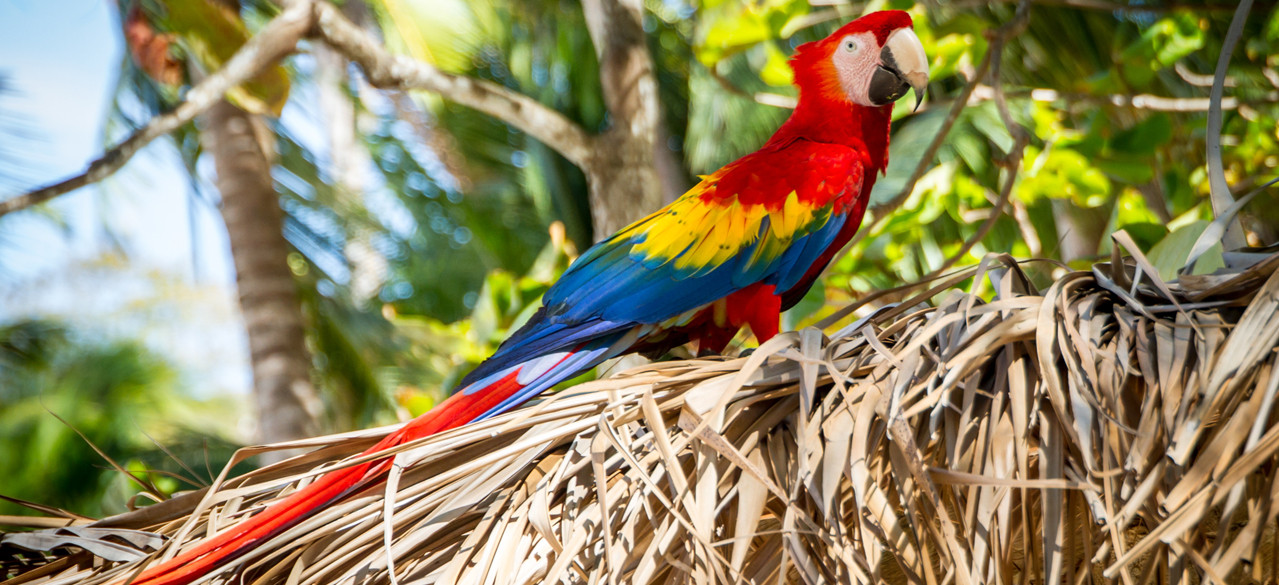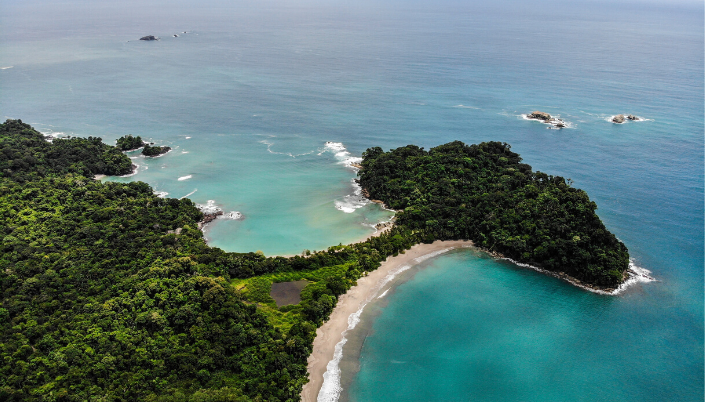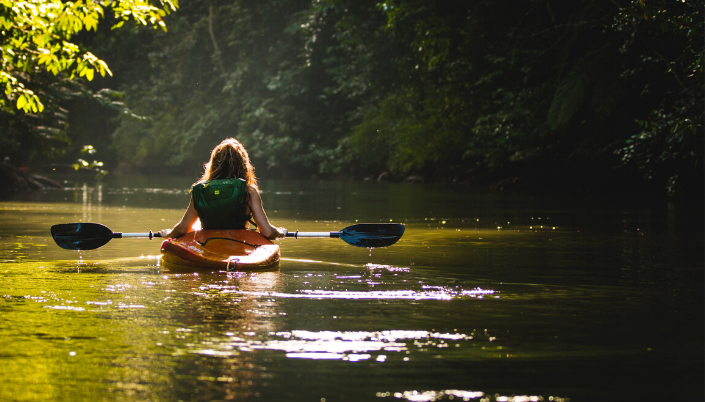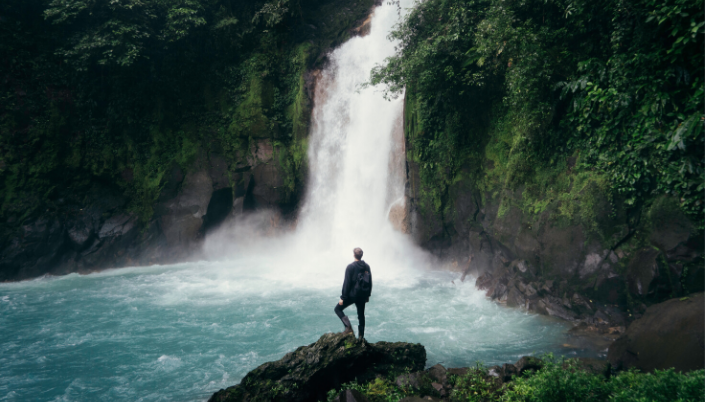
Your Guide to Avoid Falling Sick in Costa Rica
30 Mar 2017 by Olga Brighton
Costa Rica is a wonderfully diverse Central American country. Tourism is a major industry in Costa Rica, and it has protected jungles and nature reserves, stunning beaches, diverse wildlife, waterfalls and active volcanoes. Around 1.7 million visitors flock to Costa Rica every year.
There is a big possibility of getting sick in Costa Rica because of several factors such as climate and food. You can also get sick from exposure during travel, or due to dehydration, or lack of sleep. If you do get sick, Costa Rica provides some of the best healthcare in Central America, both public and private. There are a number of new healthcare facilities providing good quality healthcare with English-speaking doctors and staff. Costa Rica also has a good number of reputable pharmacies where you can buy over-the-counter medicines available in Europe or the US. Yet, the best thing you can do to ensure you and your travel budget are safe abroad is taking out a reliable travel insurance policy. That way you will have access to a 24 hour Emergency Assistance company who can help if you fall ill or are injured.

How do you avoid getting sick when you travel to Costa Rica? Here are some important tips to remember:
- While drinking tap water is declared safe, it may not agree with you, so it’s best to avoid it altogether, even for making drinks or rinsing fruit. Use only bottled water for brushing your teeth. Do not take ice in your drinks in hotels, bars or restaurants. It is always best to drink bottled water, carbonated soft drinks or bottled drinks. Water-borne gastrointestinal illness can be contracted from contaminated water and this is more likely in less developed coastal areas in Costa Rica where water may be contaminated with salt water or agricultural waste. Avoid it so you don’t have to experience the real price of hospital beds abroad.
- Diarrhoea is the most common medical ailment for travellers. Make sure the food you eat is of good quality, and always maintain good personal hygiene. Wash your hands before eating, Take sensible precautions with where you eat while travelling around the country. Chose places with a high turnover so the food will be fresh, avoid eating uncooked vegetables and unpasteurized milk and dairy products such as cheese and yogurt.
Read also: 8 Countries That Will Teach You to Eat Healthier
- Simply being in a tropical location can affect the overall health of some people. It is fairly common to contract the common cold, flu or gripe in Costa Rica. Gripe is a Costa Rican term for a type of flu that causes nausea, high fever, and maybe even diarrhoea or vomiting. If this happens to you, just rest, take a lot of fluids, and rest for a couple of days. Flu medication is available from pharmacists but if symptoms continue, visit a doctor.

- Dengue fever occurs Costa Rica. Because of its rainforests, mosquitoes that carry the deadly dengue virus thrive deep in the rainforests of Costa Rica. The viral disease is transmitted by the Aedes mosquito, which feed during the daytime. The fatal version of dengue is dengue haemorrhagic fever, which requires immediate medical attention and hospitalization. Stay safe when venturing into the rainforests or jungle in the daytime, and make sure that you use insect repellents containing 20% Picardin or 35% DEET. Check the label and reapply in accordance with instructions. Spray on your clothes too. Wear clothing that covers your entire body and even consider a hat with a mosquito net.
- Protect yourself against sunburn and dehydration. Although fairly common conditions, sunburn and dehydration can get serious if not treated or addressed right away. Costa Rica is a tropical country because it is only 10 degrees north of the equator. The sun is hotter, and the air is dense and thick. You may get badly sunburned if you don’t have skin protection. Use sunscreen with a high SPF. Don’t forget to continuously hydrate while you are out and about exploring the wildlife and jungles of Costa Rica. You will need more water than you’re used to when you’re in this tropical country. Its also an idea to carry a minor burn anticeptic cream that you can apply if you do get slightly sun burnt. Apply this once you are out of the sun though.
- If you have severe allergies, don’t forget to bring your EpiPen injector. Carry it wherever you go because you may not be aware that you are allergic to certain foods.

- If you’re hiking and climbing above 3,000 metres, you should be alert to the symptoms of altitude sickness which include fatigue, dizziness, shortness of breath even when resting. It could affect anyone, so don’t ignore symptoms until they get severe. If you get symptoms tell the people you are travelling with, rest, don’t drink alcohol and don’t travel any higher. You may need to descend to a lower altitude and seek medical attention if symptoms don’t clear up after 24 hours. Also check your Travel Insurance cover before you travel so that you are aware of any hiking/trekking restrictions. If you can avoid altitude sickness, then hiking can be great for your overall wellbeing and even change your brain for better.
- If you’re on the beach, be careful to avoid being bitten by bugs that Costa Ricans call pirujas. Pirujas are sand fleas that leave a big red and itchy welt on your skin. Pirujas come out during sunrise and sunset, so it is best to avoid the beach during this time.
It is always good to be extra-cautious while visiting any country and to be well prepared for your travels. Do your research well in advance and enjoy your trip to Costa Rica.
Read also: Ecotourism: 6 Places to Enjoy the Nature
We accept